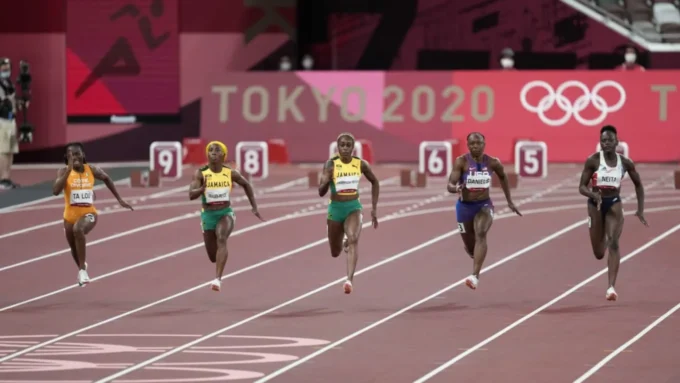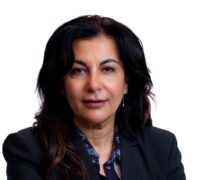Every four years, thousands of athletes go to the Olympic Games with a dream to excel in their chosen sport under the motto: “Citius, Altius, Fortius – Communiter”, which translates as “Faster, Higher, Stronger – Together”.
Although not a professional athlete myself, I’ve had a dream from a young age that I would not let obstacles or challenges stand in my way – whether by funding myself through university, becoming one of the few women engineers in an organization, running global teams as a finance executive, or, more recently, being part of implementing the reforms launched by our President in 2014, Olympic Agenda 2020. One of the key reforms was to foster gender equality in the Olympic Movement and at the International Olympic Committee (IOC). For me, success is not about the level you achieve; it’s about having a vision and being privileged enough to see the impact.
Studying and supporting myself and two younger brothers as a teenager in Wales while our parents returned to Iraq, I recall a telephone conversation with my father in which I asked him how I was expected to survive. “I do not expect you to survive, I expect you to excel,” he replied. This sentence has stayed with me and served as an inspiration for seeking success ever since.
My dreams have changed over the years. I first wanted to be one of the first female engineers. I achieved that and moved on to the next goal. I believe it’s important to have many goals. As the saying goes, don’t put your eggs in one basket. Wanting to have a positive impact also encompasses pursuing passions outside work, whether this is my interest in physics, astronomy, and real estate or my desire to have new experiences. It may take five, 10, or even 20 years to achieve your goals. What matters is that you keep the dream alive and don’t give up.







